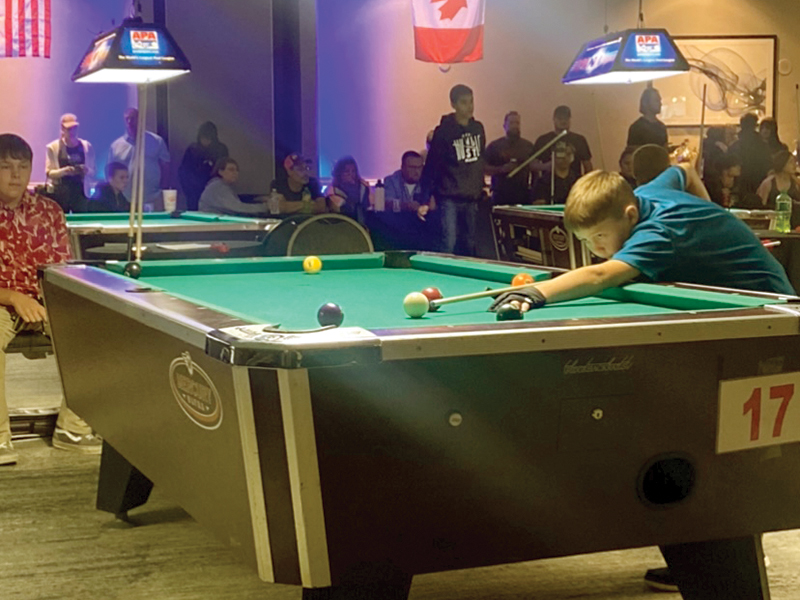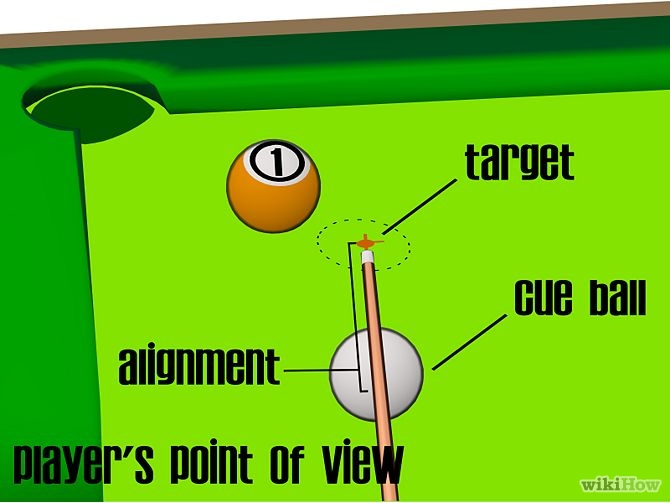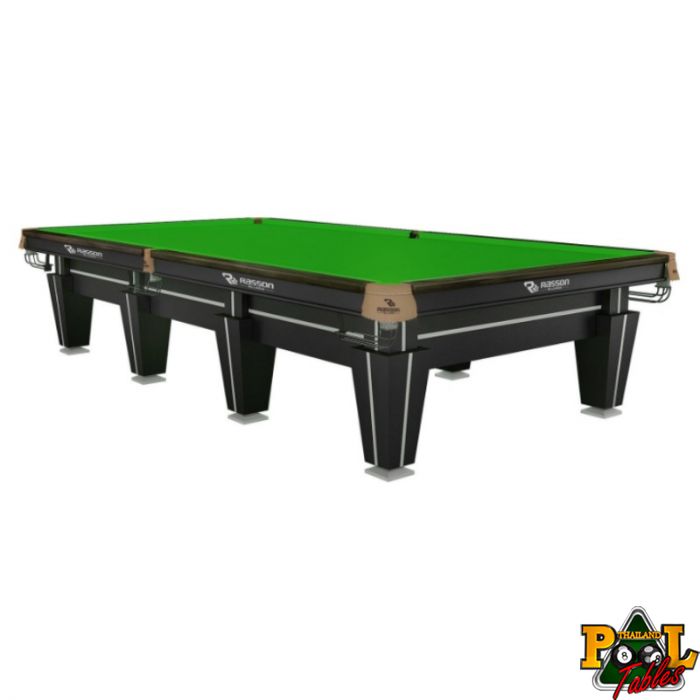
Consider the material of your cue tip when selecting one. The material is either soft, medium, or hard. It can also impact how the cue feel. For example, a firm shot might feel better. It also impacts the squirt or sideways tip flexibility. If the tip becomes soft, shaft flex and the endmass will be minimized.
Hard
Most professional and high-level players prefer a cue tip made of hard material. It requires less maintenance than a hard tip and retains its shape for longer. It absorbs the cue ball's energy better than a softtip.
Soft
A soft cue tip can prove to be very helpful when a player needs a more flexible cueball. These tips are typically made of leather and come in a range of hardness levels. These tips can be made from a variety of materials, including single-piece or laminated leather. Other popular materials include bakelite and phenolic.

Medium
Kamui Cue Tip products are made from premium Pigskin. This allows for maximum porosity & humidity resistance. These tips have excellent chalk retention, which helps improve tip-grip. These tips are durable and can be bought in a pack containing ten.
Phenolic
Your break shot could be up to 17% more powerful if you have a phenolic tips on your pool cue. This material provides a more smooth contact surface and is responsive to pressure. These properties make phenolic tips an excellent choice for players who want to increase their power.
Leather
A leather cue tip is one of the most popular types of tip available. Leather tips offer more control than synthetic ones which are made from cork or plastic. While leather tips are the best, synthetic ones can be used at home.
Splice
There are several ways to splice a pool cue's tip if you're considering buying one. Some prefer to hand splice tips. This is more difficult and more costly. A hand splice can be purchased if you wish to play with a top-quality cue.

Size
As a rule of thumb, ensure the tip of your cue measures the same as the shaft. This will ensure that you hit the ball more evenly, and generate less vibration. A smaller tip also produces less squirt, which can help you feel the ball better.
Materials
It is important to consider both the angle and spin of the ball when choosing materials for a cue tips. A slightly rounded tip allows the player to impart spin to the ball. A rounded tip is typically rounder than the curvature of a dime. A rounded tip is usually thicker that a nickel.